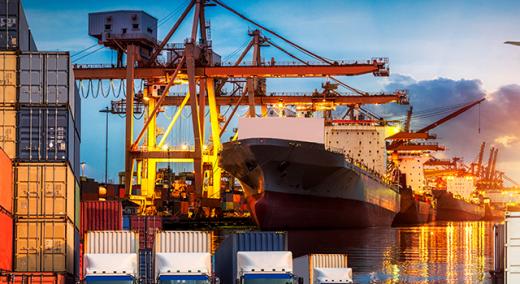Ever since people could tie logs together to form rafts and use them to transport goods by water, seaborne trade has flourished and grown. Historians believe that the first international trade routes were developed 5,000 years ago between the Arabian Peninsula and Pakistan, while by the 18th century, trade routes spanned the globe. Transporting goods and people by sea is an efficient and cost-effective process, and today, shipping is big business with more than 90 percent of the world’s trade, in volume, carried by sea, according to the International Maritime Organization (IMO).
|
ADVERTISEMENT |
Although trade is beneficial, trading through ports is complex. When ships enter and leave ports, vital information about cargoes, crews, vessel details, and many other data must be exchanged with the authorities ashore. Access to accurate and complete data records is essential to making the right decisions at the right time. Ship operators are required to provide numerous types of records, certifications, and data relating to their cargoes, passengers, safety, environmental protection, and customs declarations.
…

Add new comment